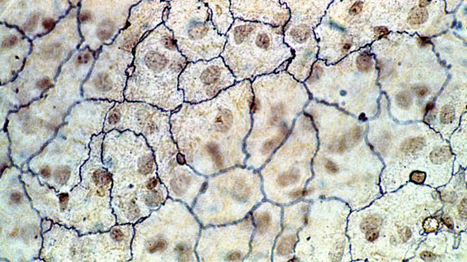Testosterone, the male sex hormone previously linked to aggression and criminality, may actually foster pro-social behaviors by increasing honesty in men.
Research and publish the best content.
Get Started for FREE
Sign up with Facebook Sign up with X
I don't have a Facebook or a X account
Already have an account: Login

 Your new post is loading... Your new post is loading...
 Your new post is loading... Your new post is loading...
|
|
























![[VIDEO] Robots fighting wars could be blamed for mistakes on the battlefield | Science News | Scoop.it](https://img.scoop.it/jUJgzhTNuCaMFT-4f3veIDl72eJkfbmt4t8yenImKBVvK0kTmF0xjctABnaLJIm9)





